Fibers We Use
At Manifutura, our commitment to environmental stewardship is at the core of our ethos. We take pride in offering a diverse range of products, with 95% of our selection produced with Mother Earth in mind. Embracing sustainability, we prioritize plant-based fibers cultivated organically, refusing the use of harmful chemicals and pesticides. Our strategic partnership with Tencel further underscores our dedication to eco-friendly practices, as we align with their sustainability vision. In addition to promoting organic growth, we eoffer recycled fibers derived from waste materials.
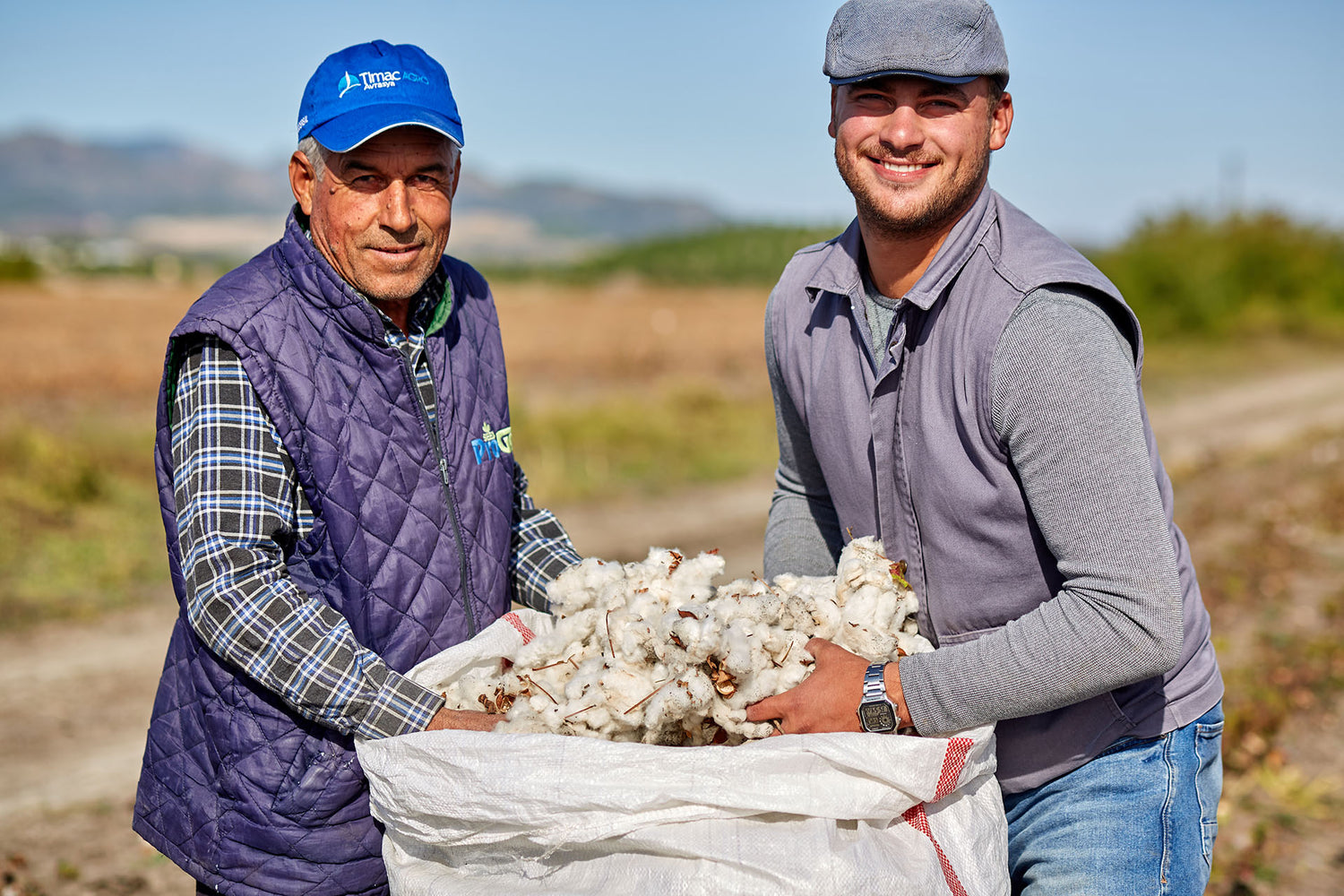
Organic Cotton
Cotton stands as the primary raw material in the textile industry, demanding heightened attention to its sustainability. Our commitment to eco-conscious practices is evident in our organic cotton, cultivated in the Aegean area of Izmir, Turkey, free from GMO seeds, pesticides, insecticides, and fertilizers. Emphasizing our dedication to environmental integrity, all the cotton utilized in our production is organic, with our Organic Cotton products proudly certified by the Global Organic Textile Standard (GOTS). Taking an additional step towards sustainability, we are running organic cotton projects incorporate regenerative practices, ensuring a holistic approach to sustainability. Explore more about our regenerative cotton projects below.
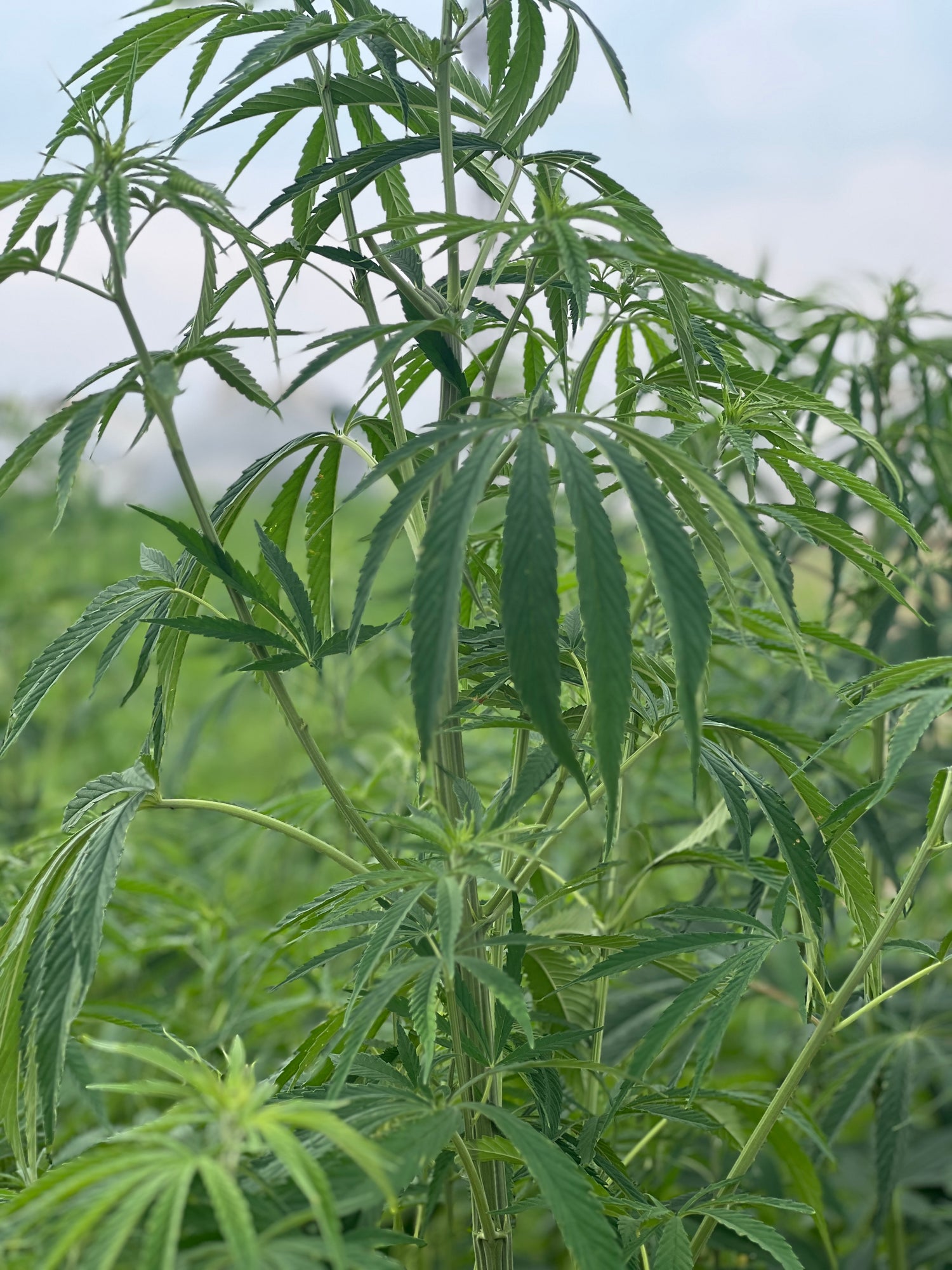
Turkish Hemp
Hemp has become a leading choice in the realm of sustainable textiles, and we take pride in being at the forefront of this movement. Our commitment to natural hemp fabric and sustainable textiles positions us as pioneers in an industry we believe will shape the future! Hemp boasts several ecological advantages in the textile sector, including reducing carbon emissions, restoring soil fertility, and requiring minimal pesticides. Rather than merely following the trend, we've responded to the demand from our loyal partners and customers. In 2021, we took a significant step by initiating our own hemp farming in the Izmir region of Western Turkey. Similar to our cotton projects, the hemp we provide is fully traceable. The versatility of hemp as an apparel material solidifies its position as the top fabric choice for our clothing, combining style with a commitment to sustainability.
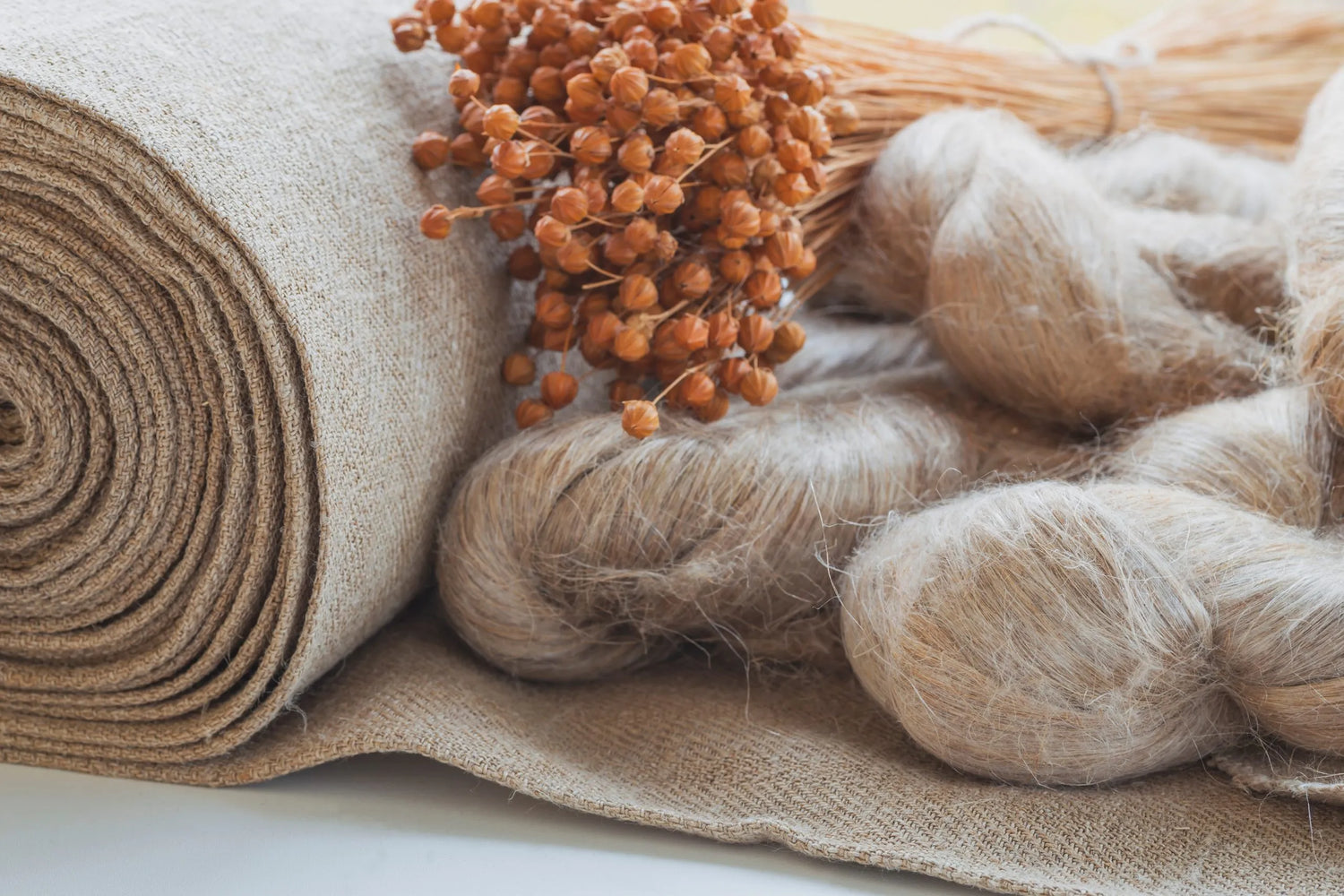
Linen
At Manifutura, we take pride in incorporating linen into our diverse range of textiles, sourced with care from the picturesque landscapes of Belgium. Renowned for its delectable waffles, crispy fries, and the iconic European Parliament building, Belgium also upholds high standards for raw materials. Our linen fibers, derived from this region, reflect not only the rich cultural heritage but also a commitment to sustainability. Cultivated with meticulous attention to environmental impact, our linen stands as a symbol of quality and eco-consciousness. From field to fabric, we embrace the journey of linen with a dedication to both tradition and responsible sourcing, ensuring that each thread we use contributes to a more sustainable and vibrant future.
Tencel™ Fibers
-
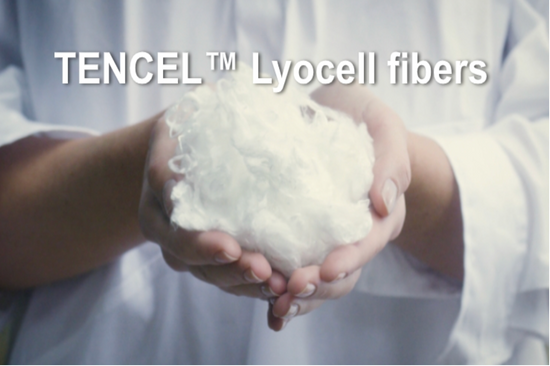
Known for their natural comfort, TENCEL™ Lyocell fibers are produced in a closed loop process which recovers water and 99.8% of the solvent, which transforms wood pulp into cellulosic fibers with high resource efficiency and low environmental impact.
-
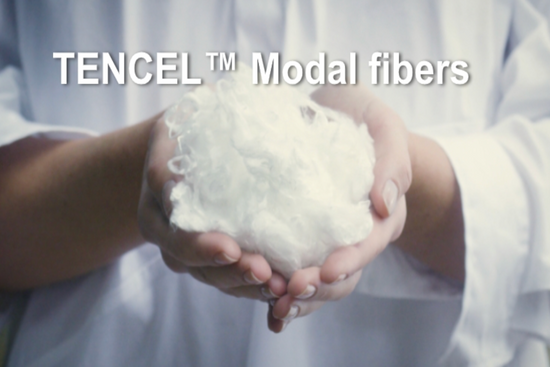
Numerous innovations have been integrated in the production of TENCEL™ Modal fibers, to make the process environmentally sound, with efficient use of natural resources. The resulting fibers are known for being exquisitely soft and pleasant to the skin, offering endless design possibilities.
The future of apparel is believed to lie in cellulosic man-made fibers, and we are firm advocates of their pivotal role in the global textile sector. Recognizing their potential, we've forged a strategic partnership with Lenzing™, a pioneering force in the industry. Each Lenzing™ fiber is crafted from cellulose, a natural component derived from renewable sources like wood. Notably, cellulose brings biodegradability to our fibers, enabling them to seamlessly reintegrate into the ecosystem at the end of their life cycle, nurturing the soil for new plant growth.
Recycled Fibers
-
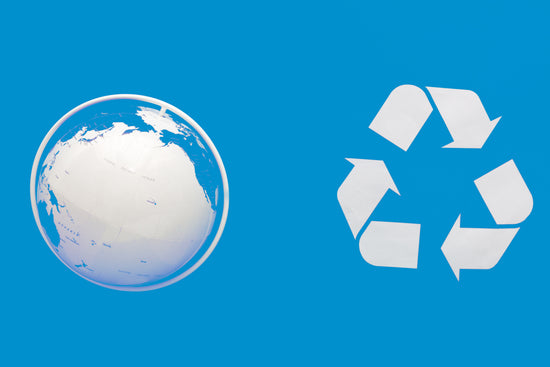
Recycled Cotton
Beyond utilizing organic cotton, we actively engage in the recycling and reutilization of both pre- and post-consumer cotton. Breathing new life into old apparel and repurposing production waste allows us to complete the production loop. Consequently, fabrics crafted from recycled blended fibers boast a substantially reduced carbon footprint, aligning with our commitment to sustainable and eco-friendly practices
-
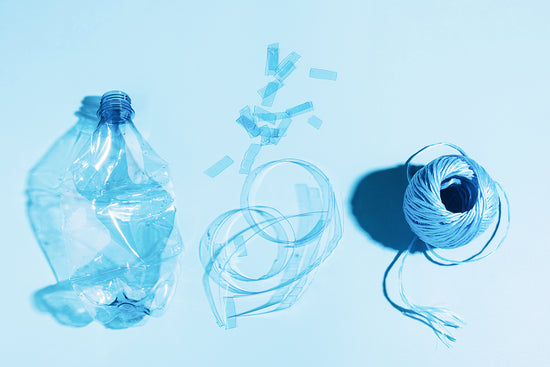
Recycled Polyester
Polyester and similar synthetic fibers, valued for their affordability and durability, currently fulfill nearly half of the textile industry's fiber requirements. Despite being conscious of their adverse environmental impacts, the reality of a world without them is challenging. The most viable solution lies in ensuring that the raw material for these fibers is sourced from recycled products.
-

Recycled Elastane
Recognizing the environmental impact of traditional elastane, we've embraced a circular approach by incorporating recycled elastane into our fabric offerings. This innovative initiative involves repurposing pre-consumer and post-consumer elastane materials, diverting them from landfills and reducing the demand for virgin resources. By opting for recycled elastane, we aim to minimize our ecological footprint while maintaining the stretch, comfort, and durability that elastane is known for
Special Fibers
-
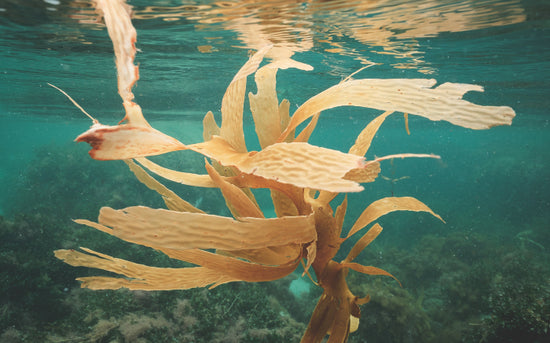
SeaCelll™
SEACELL fibers not only contribute to minimizing the ecological footprint but also offer unique qualities. This natural fiber is biodegradable, ensuring a closed-loop life cycle, and its inclusion in fabrics provides biological and 100% biodegradable materials.
-
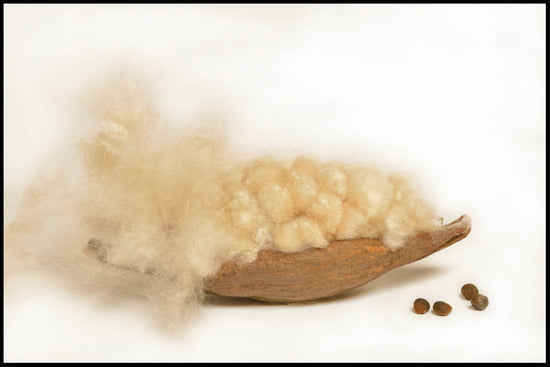
Kapok
Kapok fiber, sourced from the seed hairs of the kapok tree, is known for its lightweight and moisture-resistant properties. Often used as an alternative to synthetic fibers, kapok is biodegradable and requires minimal processing, making it an eco-friendly choice for various textile applications.
-
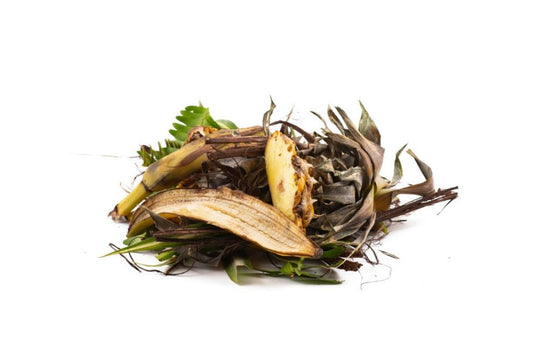
Agraloop BioFiber™
Agraloop fiber is a revolutionary material derived from agricultural waste, particularly the fibrous residue left after harvesting crops like hemp, flax, and oilseed. Agraloop not only mitigates waste but also reduces the need for additional raw materials in the textile production process.







